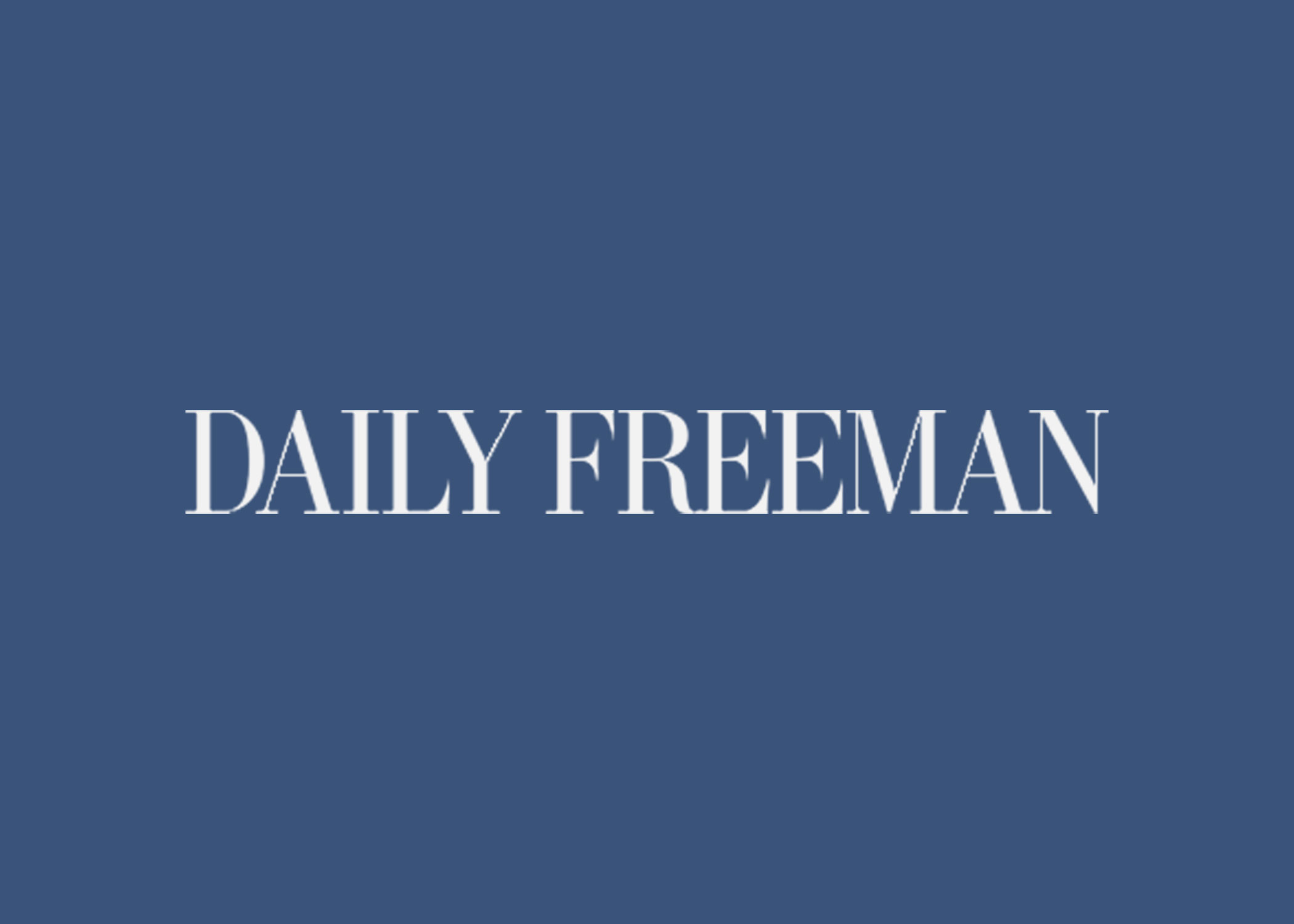Brendan Carr, the chair of the Federal Communications Commission (FCC), made headlines after his comments led to the suspension of popular television host Jimmy Kimmel from ABC. Carr’s statement during an interview with a right-wing podcaster suggested that Kimmel’s removal was a necessary action, resulting in his departure from the network within hours. This development has ignited a fierce debate about corporate loyalty and the influence of political power on media figures.
Kimmel’s suspension was met with strong criticism from fellow entertainers and public figures. David Letterman, notable for his own late-night legacy, condemned the decision, calling it a manifestation of “dictatorship.” He argued that such actions undermine the principles of free expression and accountability that are essential in a democratic society. Letterman’s comments reflect a growing concern about political pressures affecting media operations, particularly when it comes to comedians and satirists who often challenge authority.
The situation escalated as former President Donald Trump publicly praised Carr’s actions while disparaging Kimmel, labeling him as “talentless” and a “whack job” during a flight back to the U.S. from the U.K. Trump’s remarks underline a critical point: this incident illustrates how political speech can be stifled through fear and retaliation, especially when figures in power exert pressure on media entities.
While some observers lament the apparent cowardice of corporate leaders, it is essential to recognize the complex landscape in which these businesses operate. Many executives face substantial risks when dealing with government entities, particularly under a powerful figure like Trump, who has demonstrated a willingness to leverage his influence for personal and political gain. The implications of this power dynamic raise significant questions about the future of media integrity and corporate governance.
In the face of such authoritarian tendencies, it is crucial to consider how institutions respond. Harvard University, noted for its ongoing legal battles against perceived overreach, illustrates one approach. While the institution is actively contesting challenges to its values, it is also navigating a landscape fraught with potential repercussions from governmental entities.
As the discourse continues, Kimmel’s supporters remain optimistic about his return to the airwaves. The prevailing sentiment among comedians is one of resilience; they assert that political figures cannot silence their voices or diminish their craft. Despite the challenges, the comedy community is likely to adapt and thrive, continuing to engage audiences with humor and critique.
The situation surrounding Kimmel serves as a timely reminder of the delicate balance between political influence and artistic freedom. As media companies grapple with the implications of their decisions, the broader question remains: how long can they withstand the pressures exerted by powerful individuals? The answer may well define the future of entertainment and political discourse in the United States and beyond.
